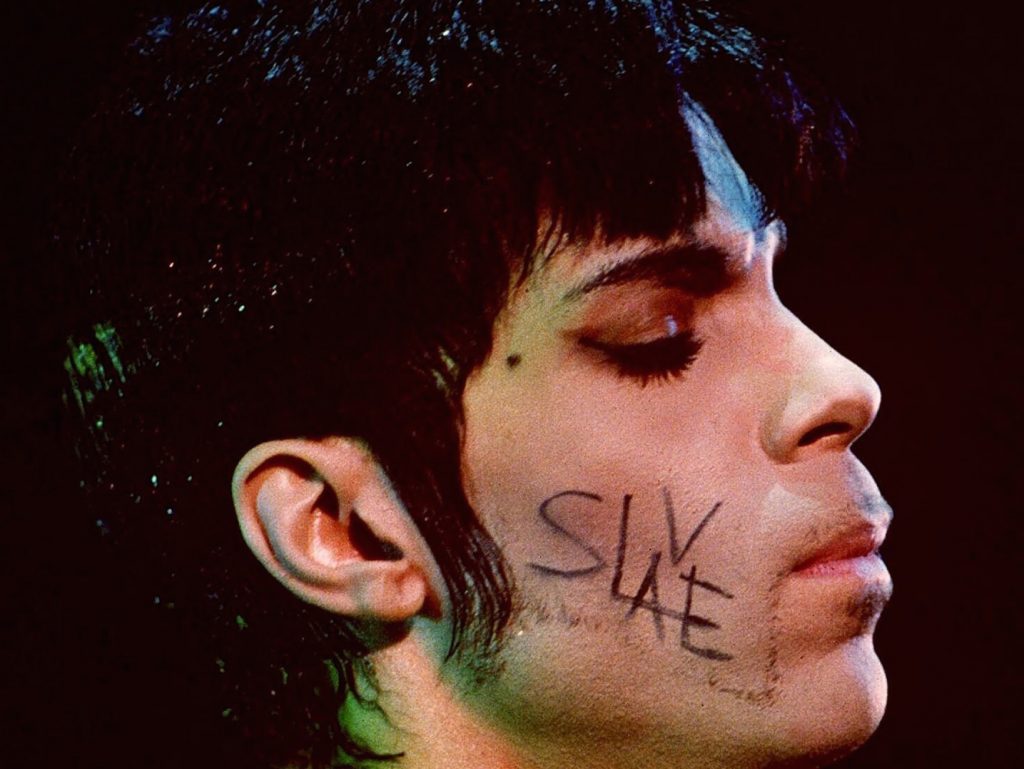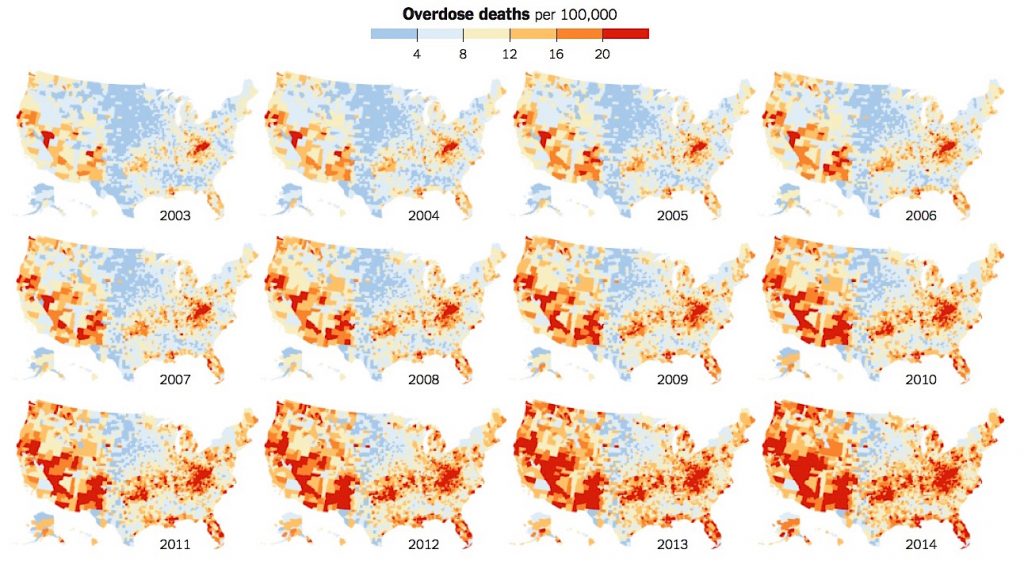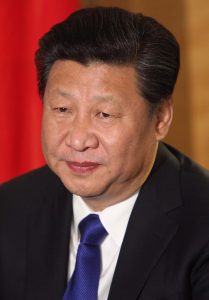 I never use the phrase ‘conspiracy theory’ anymore. It carries too much of a pejorative connotation and strongly implies that what is being discussed should obviously be dismissed.
I never use the phrase ‘conspiracy theory’ anymore. It carries too much of a pejorative connotation and strongly implies that what is being discussed should obviously be dismissed.
I prefer a clumsy phrase which will never be used again: ‘Observations and commentary on suspicions of coordinated action’.
To be candid, I will not be presenting anything like a conspiracy theory here, or making any attempt at a cohesive and conclusive argument. What I will do is offer some facts and throw out some questions, then let you draw your own conclusions and make whatever connections might seem appropriate.
We were all saddened, perhaps shocked when Prince recently died from prescription opiate abuse.
At the same time, over 28,000 people died in the U.S. last year from prescribed opiates. We might ask: Is there is no human price too high to pay when it comes to maximizing corporate profits?
“Nationally 125 people die every day from drug overdoses,” according to a recent article in the New York Times. Death by drug overdose has recently been dramatically accelerating.
 Death by heroin overdose quadrupled in eleven years and is now reaching alarming levels.
Death by heroin overdose quadrupled in eleven years and is now reaching alarming levels.
Here are some questions that immediately come to mind:
Why is it that so little funding is being made available for rehabilitation programs to treat drug addiction?
Why is it that the FDA is so lax when it comes to dealing with Big Pharma, apparently not willing or able to perform its mandated duty to protect the American public?
Why is it wherever the U.S. mounts special ops campaigns or as in the case of Afghanistan a full-on military assault, production of heroin and trafficking of drugs seems to explode?
Why is it that the CIA is often implicated in drugs-for-arms deals and drug trafficking?
Why is it America seems incapable of winning the War on Drugs?
Okay, here comes the curve ball . . .
Are you familiar with the Boxer Rebellion?
I was taught in high school world history class that this was an uprising against the West in China, specifically Beijing, which illegally seized power from the legitimate authorities, and was subsequently put down by Western powers with the help of Japan, to restore the proper order. It was a turn-of-the-20th Century example of the enlightened West fighting the evil of terrorism in a nation we held dear to us because of our mutually-beneficial trade relations.
The truth is that China had been the victim of a vast opium trade, promoted by the West over several decades, which resulted in massive addiction and effectively a subjugation of China to economic manipulation and control by the West. The Boxer Rebellion was an attempt to reclaim the country from foreign control and eliminate the scourge of opium addiction and the resulting disintegration of Chinese society.
 Xi Jinping, the current president of the People’s Republic of China, as many other embittered Chinese scholars likewise do, refers to this era of addiction and enslavement as the Century of Humiliation. He has vowed to never allow China to be subjected to such disrespect again. It’s what drives his foreign policy and what our historically-ignorant politicos view as his “confrontational” policies and recalcitrance with the U.S. You see, Xi Jinping is acutely aware of America’s use of drug trade and drug addiction to control and enslave whole nations.
Xi Jinping, the current president of the People’s Republic of China, as many other embittered Chinese scholars likewise do, refers to this era of addiction and enslavement as the Century of Humiliation. He has vowed to never allow China to be subjected to such disrespect again. It’s what drives his foreign policy and what our historically-ignorant politicos view as his “confrontational” policies and recalcitrance with the U.S. You see, Xi Jinping is acutely aware of America’s use of drug trade and drug addiction to control and enslave whole nations.
Are you?




There were over 28,000 Prince deaths last year.
I prefer a clumsy phrase which will never be used again: ‘Observations and commentary on suspicions of coordinated action’.
To be candid, I will not be presenting anything like a conspiracy theory here, or making any attempt at a cohesive and conclusive argument. What I will do is offer some facts and throw out some questions, then let you draw your own conclusions and make whatever connections might seem appropriate.
We were all saddened, perhaps shocked when Prince recently died from prescription opiate abuse.
At the same time, over 28,000 people died in the U.S. last year from prescribed opiates. We might ask: Is there is no human price too high to pay when it comes to maximizing corporate profits?
“Nationally 125 people die every day from drug overdoses,” according to a recent article in the New York Times. Death by drug overdose has recently been dramatically accelerating.
Here are some questions that immediately come to mind:
Why is it that so little funding is being made available for rehabilitation programs to treat drug addiction?
Why is it that the FDA is so lax when it comes to dealing with Big Pharma, apparently not willing or able to perform its mandated duty to protect the American public?
Why is it wherever the U.S. mounts special ops campaigns or as in the case of Afghanistan a full-on military assault, production of heroin and trafficking of drugs seems to explode?
Why is it that the CIA is often implicated in drugs-for-arms deals and drug trafficking?
Why is it America seems incapable of winning the War on Drugs?
Okay, here comes the curve ball . . .
Are you familiar with the Boxer Rebellion?
I was taught in high school world history class that this was an uprising against the West in China, specifically Beijing, which illegally seized power from the legitimate authorities, and was subsequently put down by Western powers with the help of Japan, to restore the proper order. It was a turn-of-the-20th Century example of the enlightened West fighting the evil of terrorism in a nation we held dear to us because of our mutually-beneficial trade relations.
The truth is that China had been the victim of a vast opium trade, promoted by the West over several decades, which resulted in massive addiction and effectively a subjugation of China to economic manipulation and control by the West. The Boxer Rebellion was an attempt to reclaim the country from foreign control and eliminate the scourge of opium addiction and the resulting disintegration of Chinese society.
Are you?